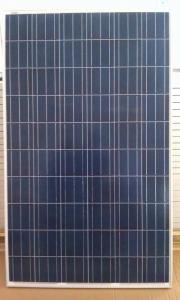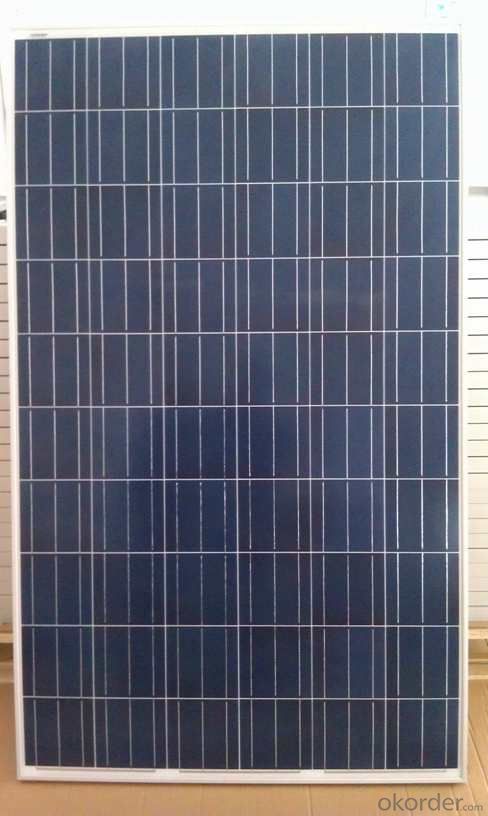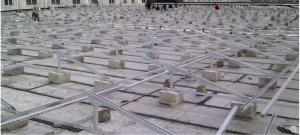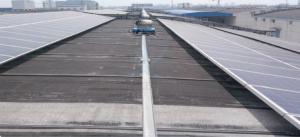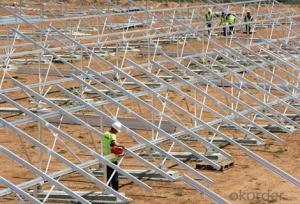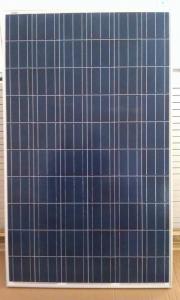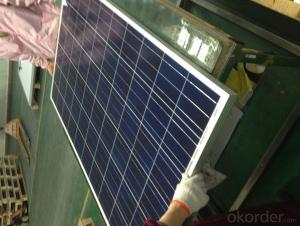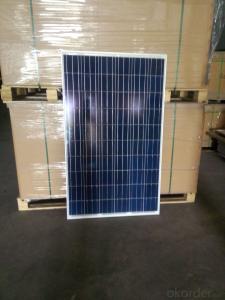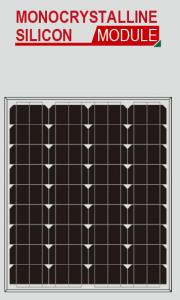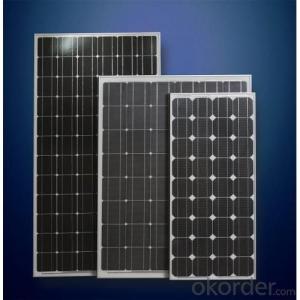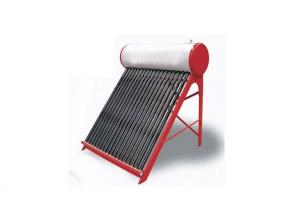240w Solar Water Heater Modules with Low Price and High Quality
- Loading Port:
- Shanghai
- Payment Terms:
- TT or LC
- Min Order Qty:
- 10 PCS
- Supply Capability:
- 1000000 PCS/month
OKorder Service Pledge
OKorder Financial Service
You Might Also Like
Advantage:
1.Widely using of the most popular and mature type of modulesfor on-grid system.
2.Specifications subject to technology and test conditions,GSUN Solar reserves the right of final interpretation.
3.Leading manufacturing technology in PV industry, strictly controlling the quality of raw materials and the process of producing.
4.100% EL inspection, ensures modules are defects free.
5.Cells binned by current to improve module performance.
6.Anti reflective glass. Not only to increase the light absorption, but also to make the module has the function of self-cleaning in water environment, effectively reducing the power loss caused by dust.
7.Outstanding performance in low-light irradiance environments.
8.Excellent mechanical load resistance: Certified to withstand high wind loads(2400pa) and snow loads(5400pa).
9.High salt and ammonia resistance.
10.Positive power tolerance:0-+5w.
Specification:
Temperature Coefficient
NOCT | 45℃±2℃ |
Temperature Coefficients of Isc (%/℃) | 0.0492 |
Temperature Coefficients of Voc (%/℃) | –0.3374 |
Temperature Coefficients of Pmp (%/℃) | –0.4677 |
Performance Parameters
Max Power Voltage Vmp(V) | 31.1 |
Max Power Current Imp(A) | 7.73 |
Open Circuit Voltage Voc(V) | 37 |
Short Circuit Current Isc(A) | 8.65 |
Max Power Pm(W) | 240 |
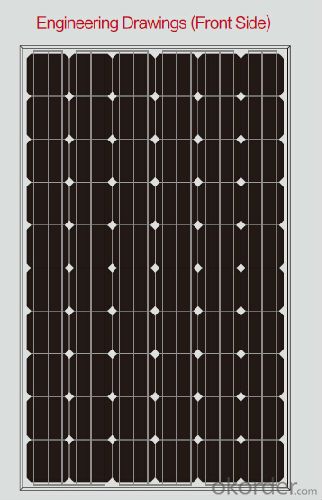 Mechanical Data
Mechanical Data
Dimension | 1655 x 992 x 40 mm |
Weight | 22.5kg |
No. of Cells and Connections | 60 (6 x 10) |
Tolerance | 0~+5W |
Cell | Monocrystalline Cell 156 x 156 mm |
Packing | 624 Pcs/40ft(H) Container |
Warranty
5 years product warranty
10-years 90% of Min. rated output power,and 25-years 80% of Min. rated output power warranty
Comprehensive Certificates:
CE Certificate
ISO 9001:2008:Quality management systems
IEC61215、IEC61730
TUV and UL
IDCOL for Bangladesh
Feature:
- High efficiency, multicrystalline silicon solar cells with high transmission and textured glass deliver a module effi ciency of up to 16.0%,minimizing installation costs and maximizing the kWh output of your
system per unit area.
- Tight positive power tolerance of 0W to +5W ensures you receive modules at or above nameplate power and contributes to minimizing module mismatch losses leading to improved system yield.
- Top ranking in the “TÜV Rheinland Energy Yield Test”
- Q: Can a solar mounting system be used in areas with solar loans for homeowners?
- Yes, a solar mounting system can be used in areas with solar loans for homeowners. In fact, a solar mounting system is an essential component of a solar panel installation, regardless of whether homeowners opt for solar loans or other financing options. The mounting system securely holds the solar panels in place, ensuring optimal sun exposure and maximizing the energy generation potential. Therefore, the availability of solar loans for homeowners does not impact the usability or compatibility of a solar mounting system.
- Q: Can a solar controller be used in a solar-powered cruise ship?
- Yes, a solar controller can be used in a solar-powered cruise ship. A solar controller is an essential component that regulates the amount of energy flowing from solar panels to the battery bank. In a solar-powered cruise ship, the solar controller helps optimize energy production and prevent overcharging of the batteries, ensuring efficient and safe operation of the ship's solar power system.
- Q: Can solar cells be used in air conditioning systems?
- Yes, solar cells can be used in air conditioning systems. Solar cells can generate electricity from sunlight, which can then power the air conditioning unit, reducing the reliance on traditional energy sources and making the system more environmentally friendly and cost-effective.
- Q: Are solar vacuum tubes suitable for use in high-temperature industrial processes?
- Solar vacuum tubes are not typically suitable for use in high-temperature industrial processes. While they are efficient in capturing solar energy for heating purposes, their maximum operating temperature is usually limited to around 200-250 degrees Celsius. High-temperature industrial processes often require much higher temperatures, exceeding the capabilities of solar vacuum tubes. In such cases, alternative heat sources like concentrated solar power or fossil fuel-based systems are more commonly used.
- Q: How do I connect a solar controller to a battery bank?
- To connect a solar controller to a battery bank, you need to follow a few steps. First, make sure your solar controller is compatible with your battery bank and has the necessary capacity to handle the current from your solar panels. Then, connect the positive and negative terminals of your solar panels to the corresponding input terminals on the solar controller. Next, connect the positive and negative output terminals of the solar controller to the positive and negative terminals of the battery bank, respectively. Ensure that the connections are secure and tight. Finally, double-check your connections and consult the user manual of your solar controller for any specific instructions or precautions.
- Q: How do solar cells handle electromagnetic radiation?
- Solar cells are designed to handle electromagnetic radiation by converting it into usable electrical energy. The materials within the solar cells absorb photons from the sunlight, which in turn generates an electric current. This process effectively harnesses the energy from the electromagnetic radiation and allows solar cells to produce clean and renewable electricity.
- Q: Can a solar mounting system be installed on a rooftop with a skylight or chimney?
- Yes, a solar mounting system can be installed on a rooftop with a skylight or chimney. However, it is important to consider the location and size of the skylight or chimney when designing the layout of the solar panels. Proper planning and installation techniques can ensure that the solar mounting system does not obstruct or interfere with the skylight or chimney.
- Q: Can a solar energy system be installed in a remote location without access to the electrical grid?
- Yes, a solar energy system can be installed in a remote location without access to the electrical grid. Solar energy systems consist of solar panels, batteries, and inverters, which can generate and store electricity from the sun's energy. This self-contained system can provide power to remote locations, allowing them to operate independently of the electrical grid.
- Q: How do solar energy systems impact the energy consumption of buildings?
- Buildings' energy consumption is significantly impacted by solar energy systems. These systems harness the sun's power to generate clean and renewable electricity, which can offset the need for grid-based energy. One of the main ways solar energy systems affect energy consumption is by decreasing reliance on non-renewable sources like fossil fuels. Coal, oil, and natural gas, which are traditional energy sources, contribute to greenhouse gas emissions and global warming. Conversely, solar power produces electricity without emitting any harmful substances, making it an environmentally friendly alternative. Additionally, solar systems help reduce a building's overall energy demand. By generating electricity on-site, buildings can decrease their dependence on the electrical grid. This not only lessens the strain on the grid but also lowers the risk of power outages during periods of peak demand or natural disasters. Moreover, solar energy systems can lead to financial savings for building owners. When solar panels generate electricity, the building consumes less power from the grid, resulting in reduced utility bills. In some cases, surplus energy generated by the solar system can be sent back to the grid, allowing building owners to earn credits or even receive payments from utility companies through net metering programs. Furthermore, solar energy systems offer long-term benefits for buildings. Solar panels have a lifespan of approximately 25 to 30 years, and their maintenance costs are relatively low compared to other energy systems. This implies that once the initial investment is recovered, the building can enjoy years of clean and affordable energy. To conclude, solar energy systems positively impact buildings' energy consumption by reducing reliance on non-renewable sources, lowering overall energy demand, providing financial savings, and offering long-term sustainability.
- Q: Can solar silicon wafers be used in solar-powered water pumping systems?
- Yes, solar silicon wafers can be used in solar-powered water pumping systems. The wafers are used to create photovoltaic cells that convert sunlight into electricity, which is then used to power water pumps in these systems.
Send your message to us
240w Solar Water Heater Modules with Low Price and High Quality
- Loading Port:
- Shanghai
- Payment Terms:
- TT or LC
- Min Order Qty:
- 10 PCS
- Supply Capability:
- 1000000 PCS/month
OKorder Service Pledge
OKorder Financial Service
Similar products
Hot products
Hot Searches
